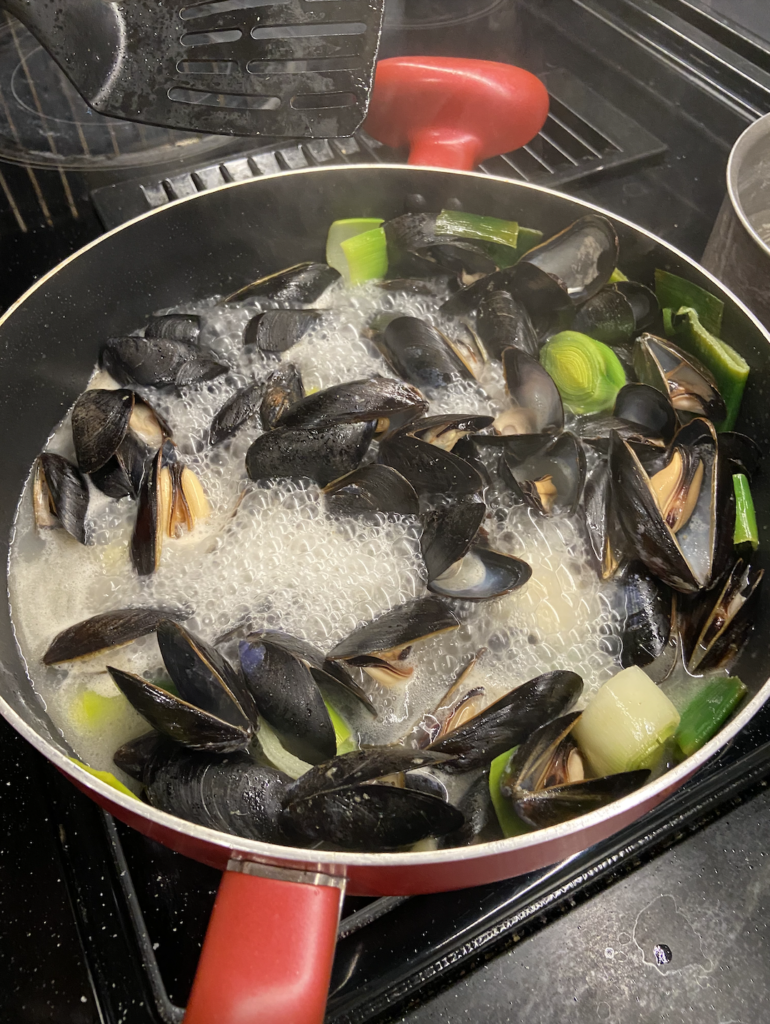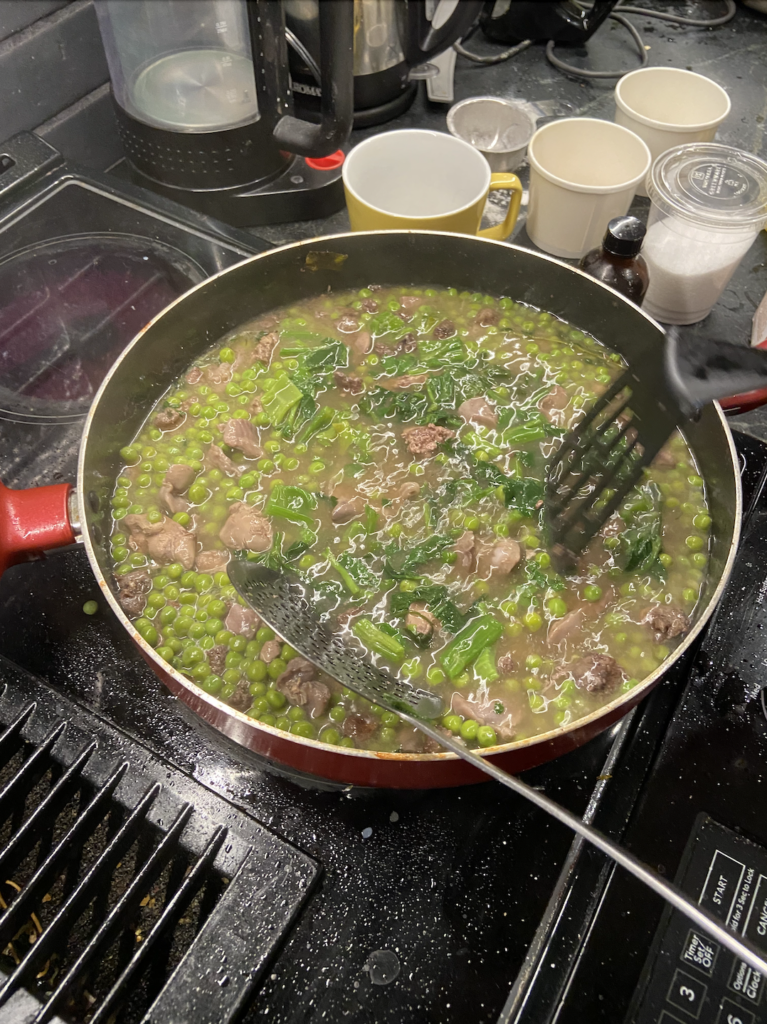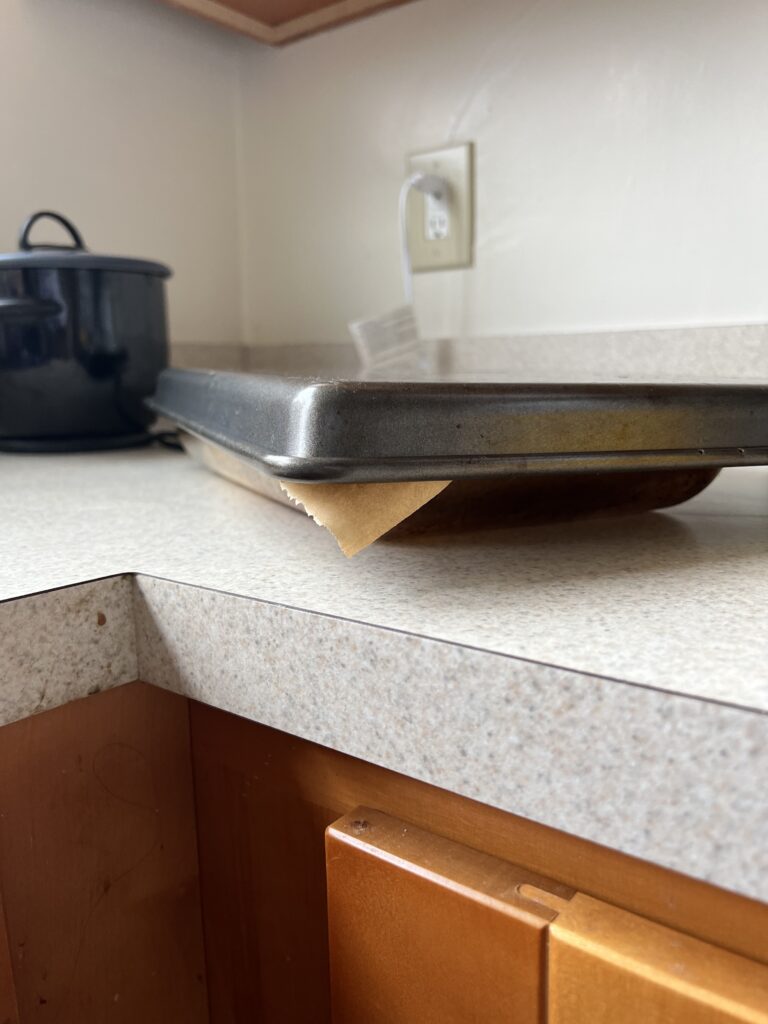Gladiator Movie Reflection
For my actum, I watched the movie Gladiator on Amazon Prime. Gladiator is a 2000 epic historical drama film that revolves around the story of Hispano-Roman General Maximus Decimus Meridius, whose goal is to return home after leading the Roman army to victory in an intense battle. However, when Commodus, the son of Emperor Marcus Aurelius, learns that his father plans to make Maximum emperor instead of him, he murders his father and Maximus’ family and attempts to execute Maximus as well. Maximus escapes, and is captured and enslaved as a gladiator. The movie is essentially the story of his journey to avenge his family.
Overall, I found this movie riveting. From the very beginning, I could tell that this movie was attempting to give a very accurate and vivid depiction of Roman warfare. Just by watching the first five minutes of the film, one could discern that the Roman legion shown was a battle-hardened, heavily fortified entity that reigned supreme over its enemies. The realistic shields, armor, and weaponry were fascinating to see.
Aside from the warfare, I also enjoyed seeing several elements of life in Rome that we covered in class. For example, right before Commodus kills his father, he goes on a monologue about virtus, which we covered in class. He says that his father believes he does not possess enough virtus, which is why he wants Maximus to succeed him as emperor instead, but Commodus claims that he has another important trait: ambition. He then kills his father, proving both himself and his father correct.
Another element I saw that we covered in class was tension between the senate and the emperor. In the film, Senator Gracchus and Senator Gaius want to kill Emperor Commodus and name Maximus emperor because he will give more power to the senate, whereas Senator Falco is allied with Commodus and wants him to stay in power.
Finally, this film was also a good demonstration of the mob mentality of Rome. Several times throughout the film Maximus was encouraged to not only win, but also appease the crowd in order to gain his freedom, which showed how important the appeasement of Roman citizens was. Also, several times Senators Gracchus and Gaius discussed how despite his many faults, Emperor Commodus was clever at controlling the mob, which further shows how the appeasement of Roman citizens was used as a weapon by politicians.







